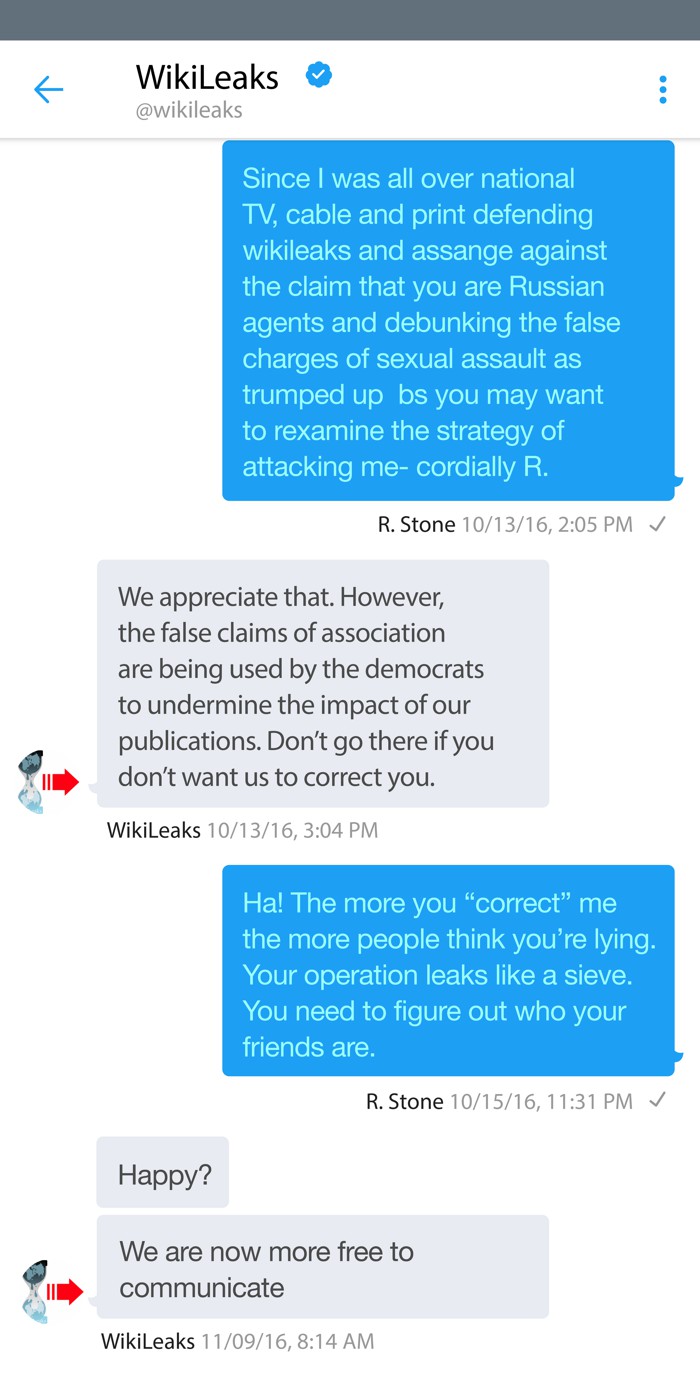"The question is simply this: Can a negro, whose ancestors were imported into this country, and sold as slaves, become a member of the political community formed and brought into existence by the Constitution of the United States, and as such become entitled to all the rights, and privileges, and immunities, guarantied by that instrument to the citizen? One of which rights is the privilege of suing in a court of the United States in the cases specified in the Constitution.
Dred Scott v. Sandford, 60 U.S. 393, 403, 15 L. Ed. 691 (1857), superseded (1868)
....
It becomes necessary, therefore, to determine who were citizens of the several States when the Constitution was adopted. And in order to do this, we must recur to the Governments and institutions of the thirteen colonies, when they separated from Great Britain and formed new sovereignties, and took their places in the family of independent nations. We must inquire who, at that time, were recognized as the people or citizens of a State, whose rights and liberties had been outraged by the English Government; and who declared their independence, and assumed the powers of Government to defend their rights by force of arms.
In the opinion of the court, the legislation and histories of the times, and the language used in the Declaration of Independence, show, that neither the class of persons who had been imported as slaves, nor their descendants, whether they had become free or not, were then acknowledged as a part of the people, nor intended to be included in the general words used in that memorable instrument."
Dred Scott v. Sandford, 60 U.S. 393, 407, 15 L. Ed. 691 (1857),
superseded (1868)
You're right. I don't have the time to parse over a 120+ page opinion with you. You seem to just disagree with the conclusion he reached using originalism; my whole argument was that he used originalism/textualism to reach it. It's extremely clear from the opinion that he did so.
https://supreme.justia.com/cases/federal/us/60/393/

